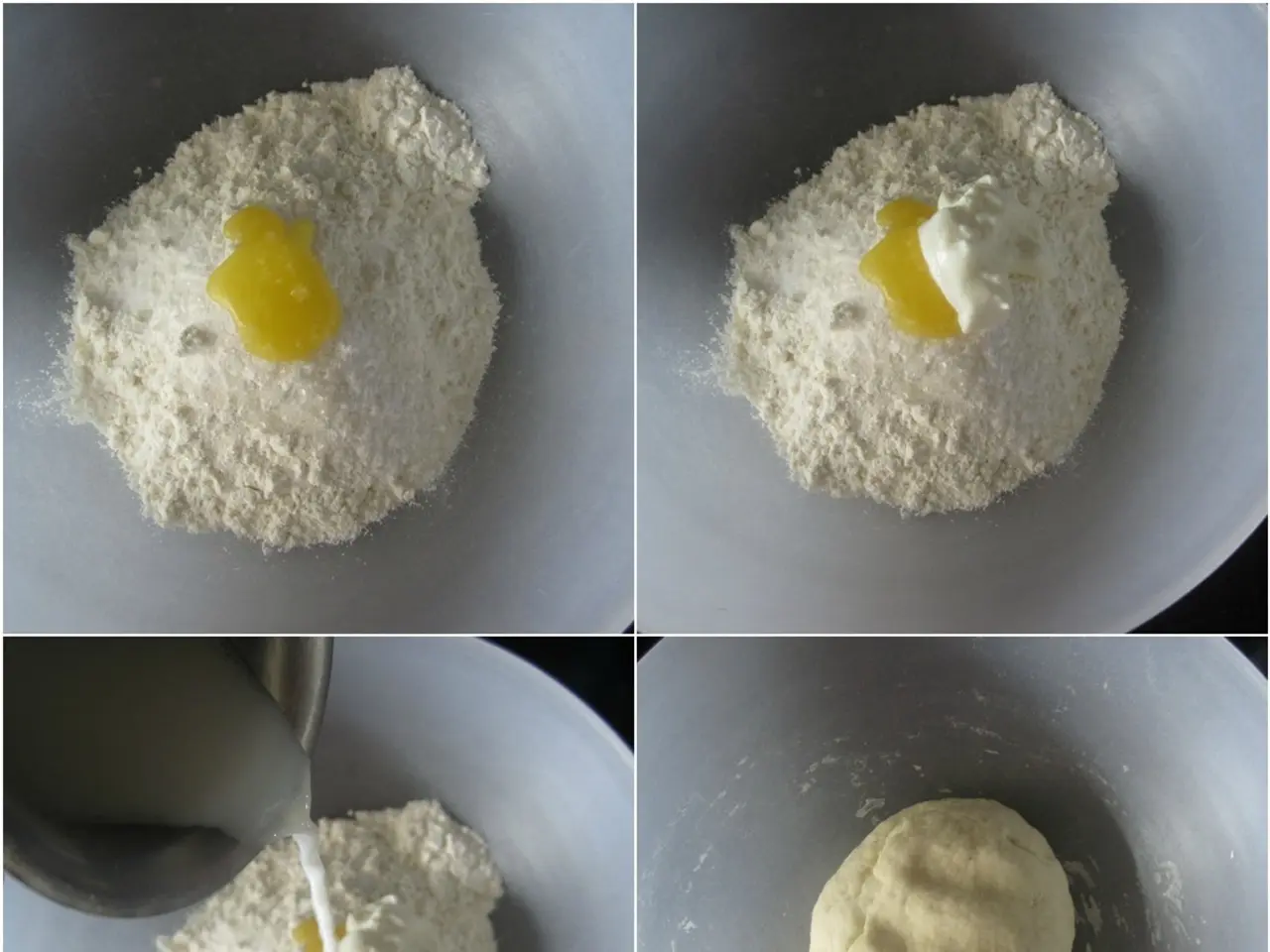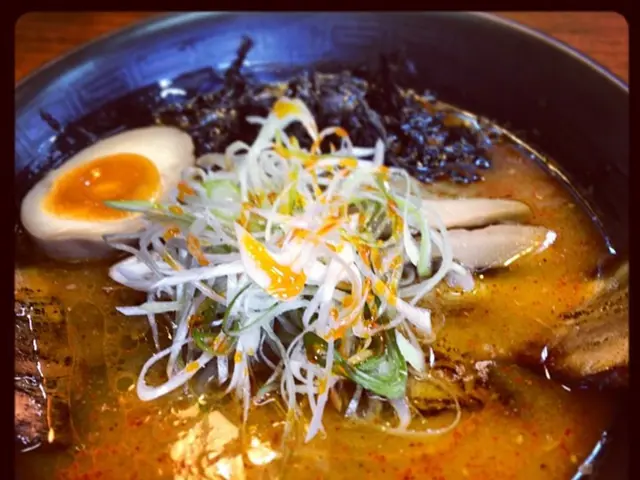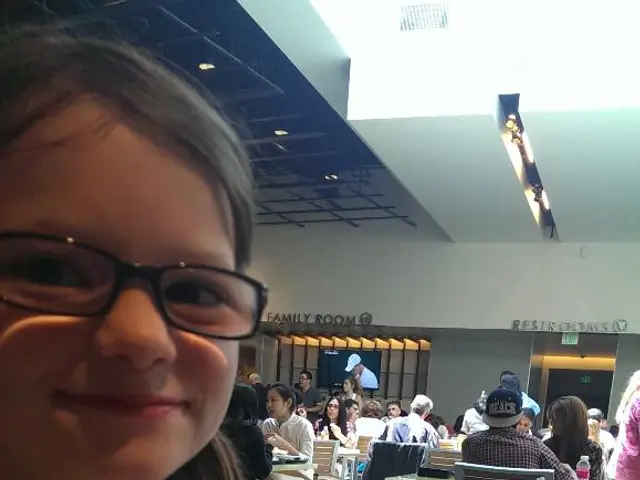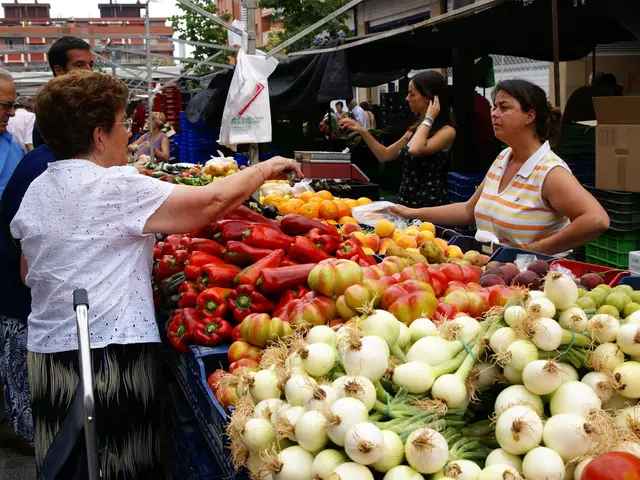Exploring the Edible Landscape of Tomorrow: A Peek into Hamburg's Food Campus
In the heart of Hamburg, a revolutionary initiative is taking shape, aiming to redefine the future of food production. The Future Food Campus, spearheaded by an unnamed founder and project coordinator, is set to create a sustainable circular system for food production.
The project, led by Eva Keretic, is gaining traction both nationally and internationally. Keretic's network extends to organisations like the Climate Reality Project and various food industry companies. Jürgen Leisse, former 'President Central Europe' at the US food conglomerate Mondelez International, and Simone Poppe, an experienced manager in the food industry, have joined Keretic's team, along with marketing expert Hendrik Flügge.
The Future Food Campus is not just about traditional farming methods. It plans to produce meat, fish, dairy products, and plant-based foods using innovative techniques like vertical farming, precision fermentation, and bioreactors. Crucially, these methods will be pesticide-free and antibiotic-free, making them more sustainable and environmentally friendly.
The location for the Future Food Campus is yet to be finalised, but the project is receiving support from the Foodcluster Hamburg and the Hamburgische Investitions- und Förderbank. The University of Hamburg is also getting in on the action, securing 3.1 million euros for research into the meat industry.
The Future Food Campus is set to make a significant impact on the food trends of the future. The Food Report 2023 identifies regenerative food as one of the three most important food trends, and the Future Food Campus is poised to lead the charge.
In a forward-thinking move, the Future Food Campus will also integrate manure into a green energy concept. This innovative approach aims to minimise energy consumption and convert a problem into a solution.
To showcase its innovative approach, the Future Food Campus will host a virtual 3D exhibition on the topic of Future Food, accessible through mobile devices, starting from September. This exhibition is set to be a game-changer, providing a glimpse into the future of food production.
The establishment of a new Food Cluster in Hamburg is further evidence of the city's commitment to sustainable food production. The Future Food Campus is just one piece of this larger puzzle, a testament to Hamburg's ambition to rethink food from scratch.








